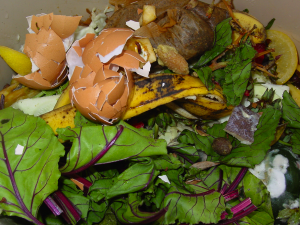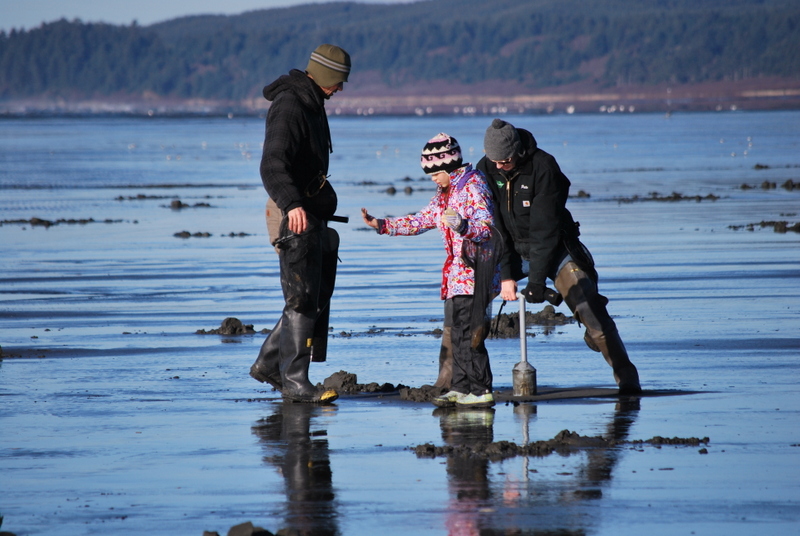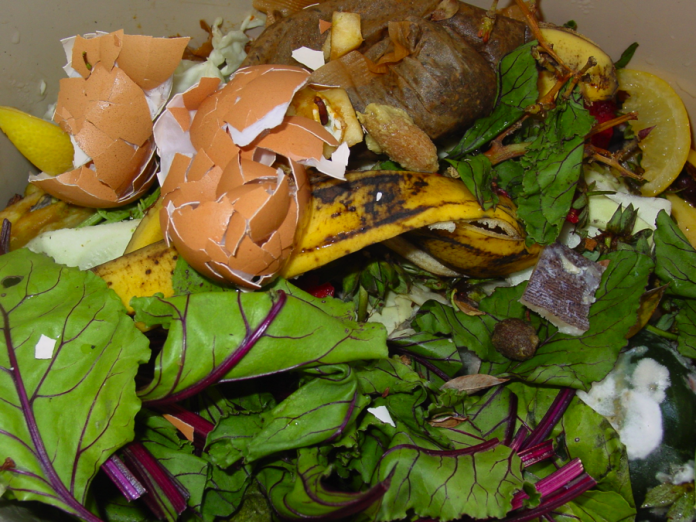Submitted by Thurston County Solid Waste
The organics collection programs in Thurston County have gone through several changes over the past few years. This left many residents and businesses confused about what can go in their organics collection bins. To clear things up, Thurston County, the City of Olympia, and LeMay recently adopted the same list of acceptable items. So now, no matter where you live or work, or who picks up your organics, the items you can put in your bin are the same. These items fall into three basic groups:

- Yard and wood waste including grass, branches, leaves, plant waste, and clean lumber scraps.
- Food waste and plate scrapings including fruits, vegetables, bread, dairy, eggs, meat, bones, seafood, and shells.
- Un-coated food-soiled paper and shredded paper including paper napkins, towels, coffee filters, and pizza boxes. Shredded paper should be put in a paper bag.
Building a more Resilient Organics Collection System
During the last five years, the number of communities in the Northwest that collect yard and food waste to be composted grew dramatically. This huge amount of additional material caused an increase in contamination and odor problems at some composting facilities. As a result, some of these facilities shut down or put restrictions on the kinds of materials they would accept. Recently, these major changes in the composting industry started to create challenges for local organics collection programs, especially for schools and businesses.
“To ensure the long-term success of our organics collection programs, Thurston County, the City of Olympia, and LeMay worked together to find new and more diverse outlets for our materials” said Thurston County Solid Waste Reduction Specialist Peter Guttchen. “This more decentralized and resilient system will help us sustain and grow our organics programs as the composting industry in our region and across the nation changes and matures.”
Currently about 60% of the organics delivered to the WARC are hauled to Silver Springs Organics near Rainier to be composted into high quality products. About 35% of the material is burned in industrial furnaces or is directly land-applied as mulch on area farms. The remaining 5% is trucked to composting facilities in Eastern WA and in Snohomish County. These facilities are designed to safely compost the organics from restaurants, schools, and other places that generate a lot of food-soiled paper and food waste.
For more information
To download and print a list of what you can put in your organics bin to post on your fridge at home or in your business, click here. Also, watch your mailbox. A detailed chart of acceptable organics will be included in Talking Trash which will be delivered to every Thurston County household in November. You’ll also find lists of what can go in your recycling and organics bins in LeMay’s upcoming utility bill inserts. Information about the City of Olympia’s recycling and collection services can be found here.





















































